
7-13 #GluetoiPad : Samsung has started MP of 3nm chips for high-performance computing segment customers; Dell’s 3Q22 orders for monitors and notebook panels will be reduced by 50%; Samsung’s inventory depletion is not as good as expected; etc.

Samsung Electronics has announced that it has started mass production of 3nm chips for some customers in the high-performance computing segment, ahead of TSMC in terms of mastering this stage of lithography. Samsung decision to start manufacturing 3nm chips at the Hwaseong facility, which traditionally debugs and masters new lithography, suggests that production volumes will not be very large. Mass production of Samsung chips is carried out by a contract factory in Pyeongtaek; where the most modern production equipment is available. In 1Q22, Samsung could claim only 16.3% of the market for contract chip manufacturing services, while rival TSMC controlled 53.6% of the market, having increased its share in 3 years by 8 percentage points.(GizChina, Asia Nikkei)
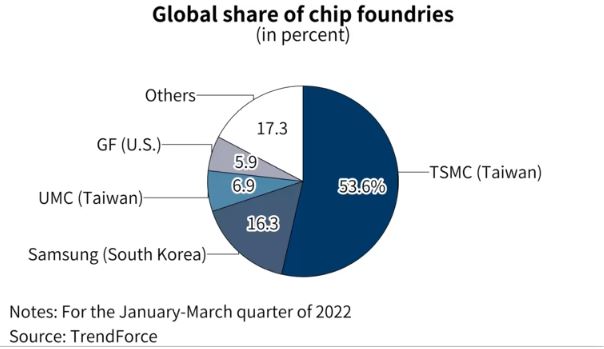
According to TF Securities analyst Ming-Chi Kuo, Samsung is likely to single-source the processor for its next S series flagship from Qualcomm. Over the years, the company has used both Snapdragon and Exynos SoCs in its flagship phones. He has further explained that Galaxy S23 may not adopt Exynos 2300 made by Samsung 4nm because it cannot compete with Qualcomm SM8550 in all aspects. He has added such a decision would further cement Qualcomm’s dominance in the Android market. (Engadget, Twitter)
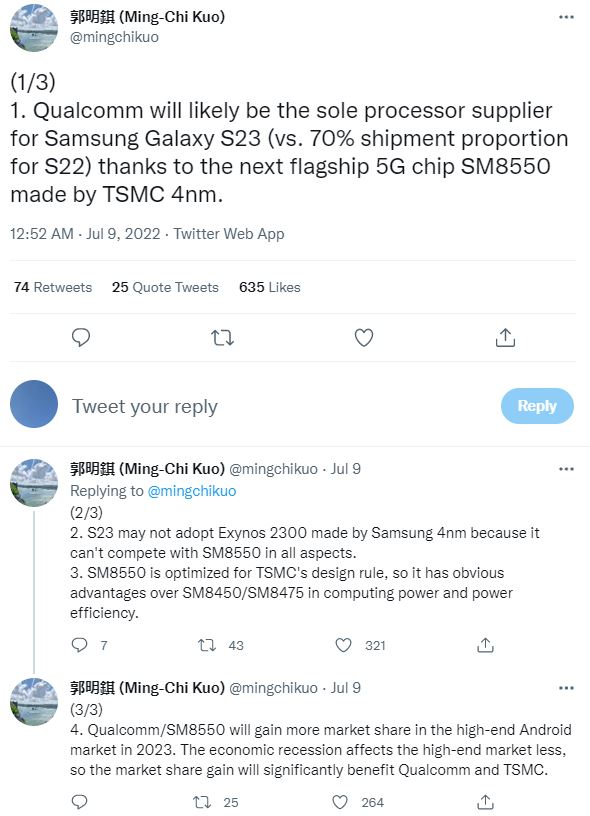
STMicroelectronics (ST) and GlobalFoundries (GF) have announced they have signed a Memorandum of Understanding to create a new, jointly-operated 300mm semiconductor manufacturing facility adjacent to ST’s existing 300mm facility in Crolles, France. This facility is targeted to ramp at full capacity by 2026, with up to 620,000 300mm wafer per year production at full build-out (~42% ST and ~58% GF). ST and GF are committed to building capacity for their European and global customer base. This new manufacturing facility will support ST’s USD20B+ revenue ambition. Working with GF will allow us to go faster, lower the risk thresholds, and reinforce the European FD-SOI ecosystem. They continue to invest into our new 300mm wafer fab in Agrate (near Milan, Italy), ramping up in H1 2023 with an expected full saturation by end 2025, as well as in their vertically integrated silicon carbide and gallium nitride manufacturing. (CN Beta, Globe Newswire, Financial Times, Reuters, ST)
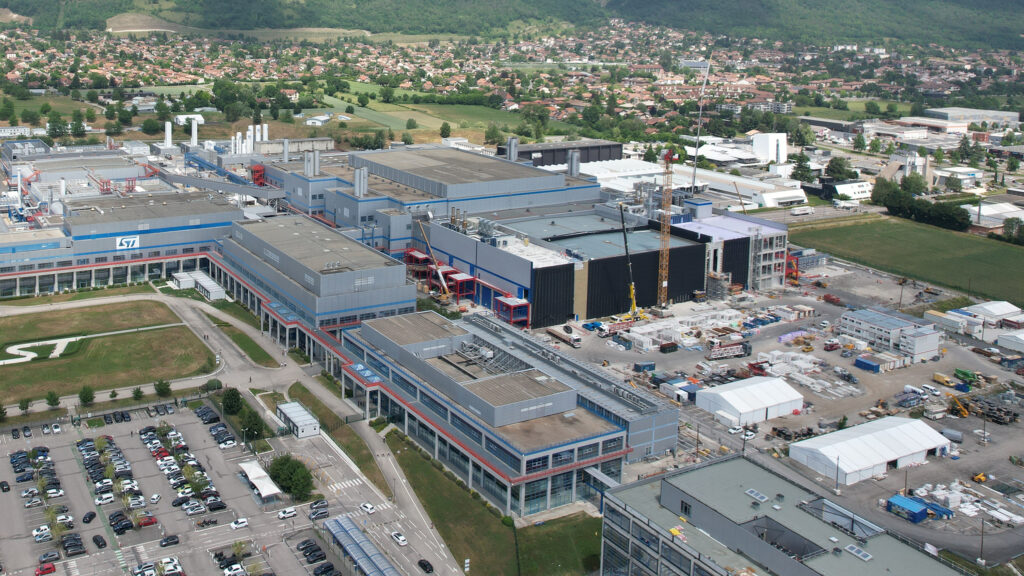

Dell has allegedly notified panel manufacturers that 3Q22 orders for monitors and notebook panels will be reduced by 50% from Jul 2022, including BOE, LGD, AUO, Innolux, CSOT, Sharp and other manufacturers are affected. No matter the supply and quantity guarantee agreement signed before, in order to control the financial inventory and avoid the loss of inventory depreciation, all directly lowered. David Hsieh, director of display research at Omdia, has said that Dell is one of the top 3 IT brands in the world, and the inventory problem has caused Dell to slash orders, which may hit the panel demand in 3Q22, which is not prosperous in the peak season. The supply chain pointed out that Dell purchased 23M notebook panels in 1H22, but shipped 18M devices, and the inventory was obviously too high. It bought 20M of monitor panels, but shipped 15M of the monitors. The stock is also on the high side. He has futher said that Dell’s annual purchase of notebook panels is about 50M pieces, ranking the third largest among all brand factories, second only to HP and Lenovo. (CN Beta, China Times, Yahoo, CTEE)
Samsung has temporarily suspended the purchase of liquid crystal display (LCD) panels due to low demand for TVs. It has sent such a notice in mid-Jun 2022 and those affected by the halt include display panel makers BOE, CSOT, HKC, AUO and Innolux. Samsung’s TV business, in its latest strategy meeting for 2H22, reduced its annual TV shipment target to 40M units from the original 45M units. Samsung’s current inventory amounted to 16 weeks’ worth, which is worst than the 7-9 weeks’ worth it had before the pandemic. Other TV vendors besides Samsung such as LG Electronics, TCL and Sony were all lowering their annual shipment target for 2022 as well. They are also reducing the number of LCD panels they purchase. (The Elec, China Times)
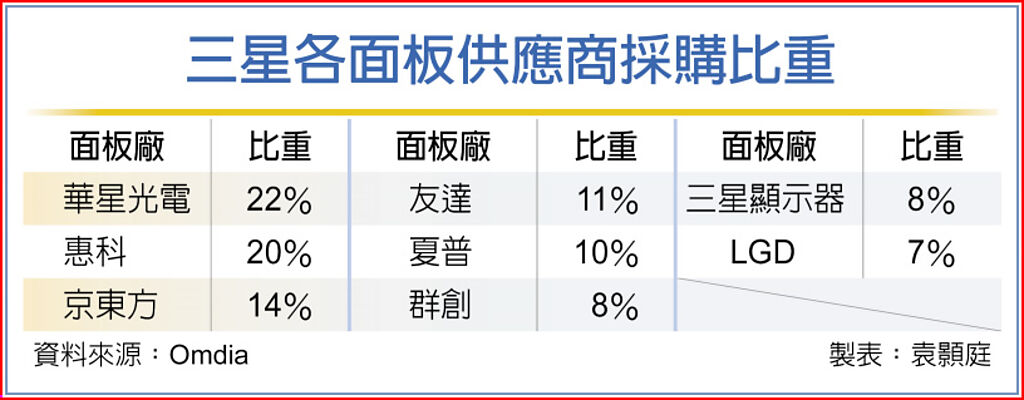
Samsung Electronics is decreasing LCD TV panel orders from BOE. Samsung is deliberately distancing itself from BOE while increasing LCD panel orders from other suppliers, including CSOT, HKC, Sharp, and LG Display. Omdia estimates that BOE’s LCD TV panel share for Samsung Electronics could drop from 17% to 13% in 2022. This will allow HKC to climb up the ranks and capture 2nd place from BOE, the latter of which might drop to 3rd place in 2022.(The Elec, SamMobile)

According to TF Securities Ming-Chi Kuo, Apple’s latest A16 processor will be exclusive to two iPhone 14 Pro / high-end models, significantly boosting the shipment proportion of new iPhone high-end models in 2H22 to 55-60% (vs. 40–50% in the past). Thanks to the increase in the shipment proportion of the iPhone 14 high-end models, the significant YoY growth for the output value of iPhone 14’s rear CIS, lens, VCM / OIS, and CCM would be 30-35%, 20-25%, 15-20 %, and 30-35%, respectively. Excluding the lower-spec ToF, the shipment allocations for iPhone 14 Pro’s rear camera components of Sony (CIS), Largan (lens), Alps (VCM/OIS), and LG Innotek (CCM) are 100%, 60-70%, 60-70%, and 100%, respectively. (Medium, Twitter)
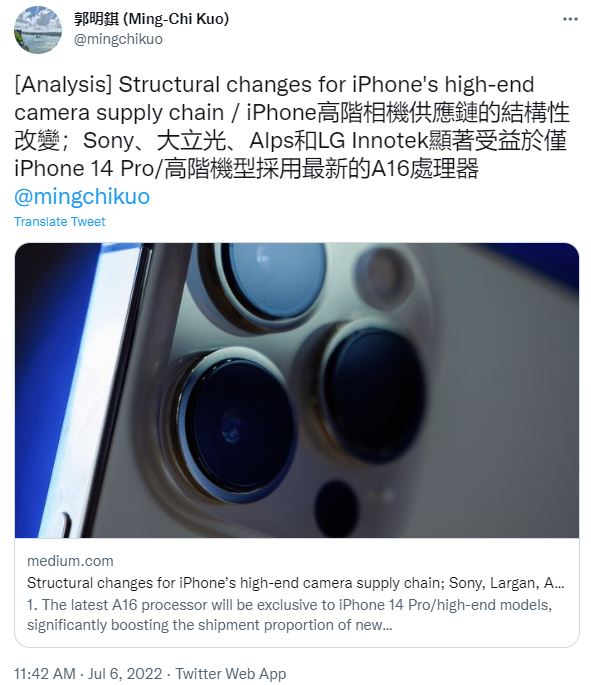
Samsung Electro-Mechanics (SEMCO) says it is in contact with Tesla as a potential camera supplier. Samsung has confirmed in a regulatory filing that it continues working on “advancing and diversifying its camera modules”. Samsung launched its first camera sensor for automobiles, the ISOCELL Auto 4AC in 2021. Samsung may have struck a USD436M deal with Tesla to supply the EV maker with cameras for the Tesla Cybertruck. Tesla CEO Elon Musk recently said that the Cybertruck is targeted for production in mid-2023. At the same time, he also mentioned that the mid-2023 timeframe might be a bit “optimistic”.(Android Headlines, SamMobile, Reuters)
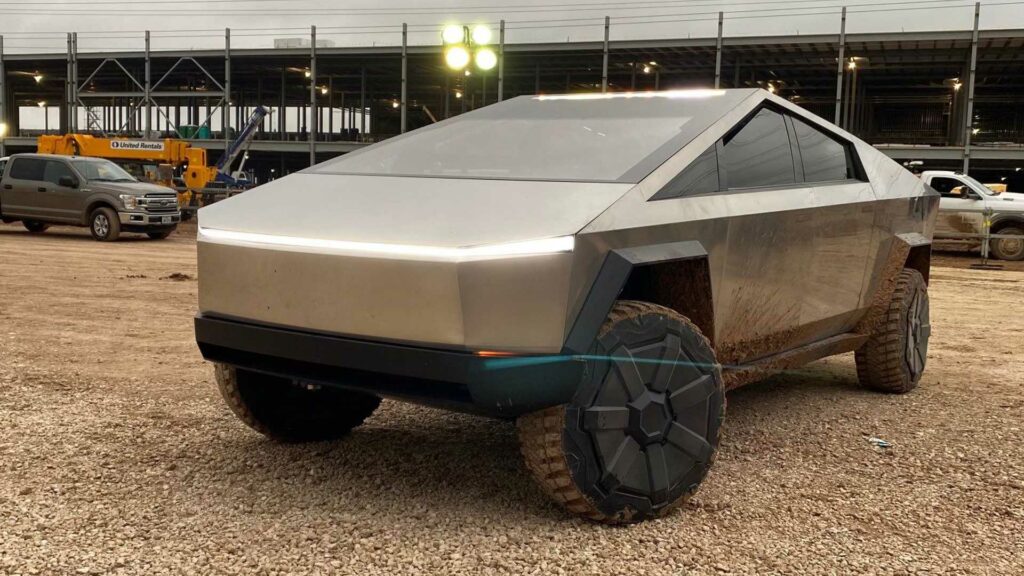

The Information Network has analyzed Micron’s overall business layout and has stated that Micron’s total share of the USD3.7B automotive memory market in 2021 will be 55.0%, a slight increase from 53.9% in 2020. Micron’s USD51.6 B share of the overall automotive semiconductor market is 3.9%, up slightly from 3.4% in 2020. Micron’s share of the USD46.8B global consumer semiconductor market will be 2.5% in 2021, down slightly from 2.8% in 2020. Micron’s USD88.1B share of the global smartphone semiconductor market will be 8.2% in 2021, down from 10.3% in 2020. (Laoyaoba, CN Beta)
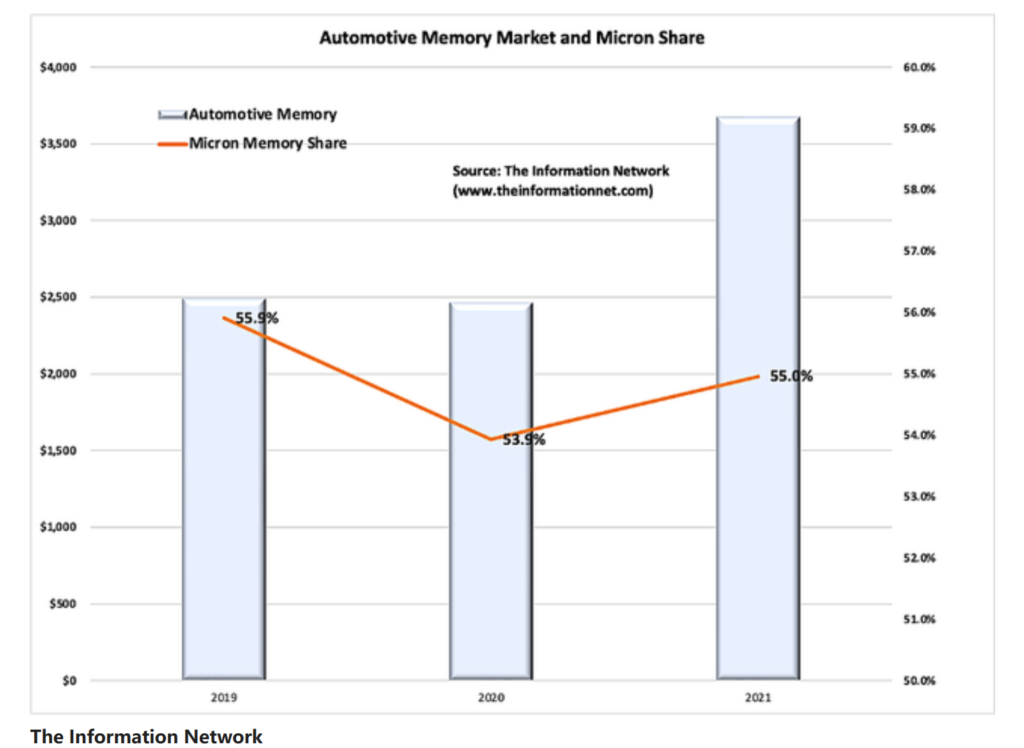
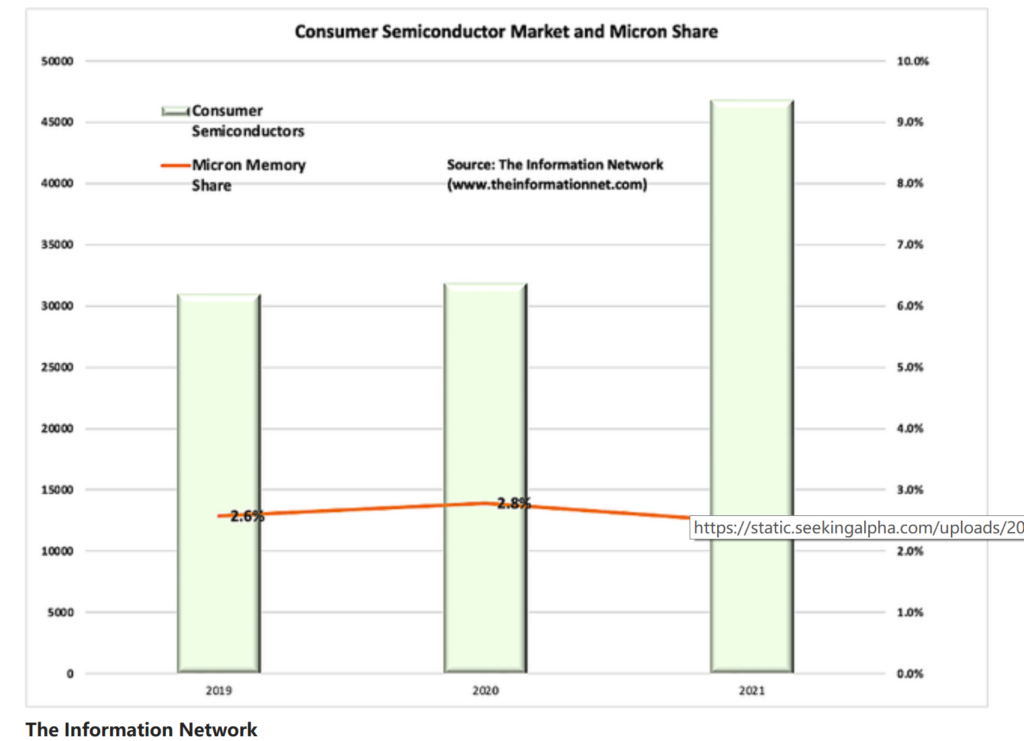
Technology is one of the greatest catalysts for Micron. Micron’s 1βnm DRAM will begin ramping before the end of 2022. Micron ranks #1 in technology for DRAM. Micron is focusing on enhanced cost competitiveness and estimates that in 2022, it ranks #2 in cost among DRAM vendors, up from #3 in 2016. For NAND, Micron announced that its next-generation 232L 3D NAND will begin ramping before the end of 2022. Micron ranks #1 in technology for NAND. The company estimates that in 2022, it ranks #1 in cost among NAND vendors, up from #4 in 2016. (Seeking Alpha, press)



The energy storage headquarters and energy storage technology research institute project of Eve Energy with a total investment of CNY3B is signed and settled in Wuhan Optics Valley. The Energy Storage Technology Research Institute mainly carries out the research and development of the core technology of energy storage lithium-ion batteries and energy storage solutions, and will set up institutions such as the Energy Storage Battery Research Institute and the Power System Design Institute. Optics Valley’s workforce is expected to grow tenfold by 2024.(Laoyaoba, OfWeek)
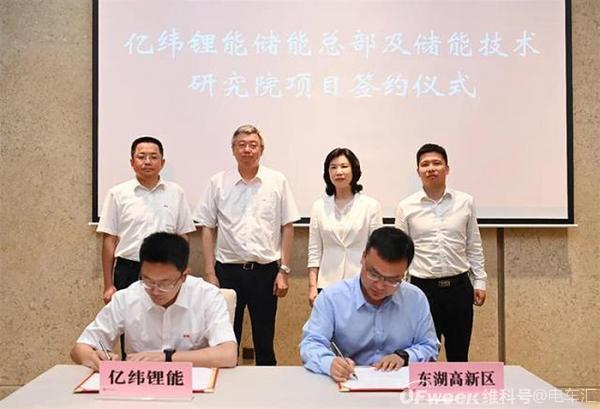

The Mannheim Regional Court rules in favor of Nokia against its recent patent dispute with OPPO. Nokia has sued OPPO in 4 different countries last year after failing to reach an agreement. OPPO finds the lawsuit “shocking”, countersuing Nokia in 9 different countries as a result. According to Juve Patent, this is the first ruling regarding the disputed patents related to 4G (LTE) and 5G Standard Essential Patents (SEPs). Nokia sued OPPO over nine SEPs and five implementation patents in three German regional courts including Munich and Düsseldorf. Nokia, being a leader in 5G SEPs, has invested a total of EUR129B in its R&D all throughout its years in business. Whilst the Finnish tech giant is currently just licensing its name for consumer products, its previous business yields some of the most sought-after patents in the industry. In 2021, luxury car manufacturer, Daimler, has settled its high-profile patent litigation with Nokia, followed by Lenovo — both cross-border disputes spanned for over 2 years. (CN Beta, Nokia Mob, Juve-Patent, Business Standard)
Bluetooth LE Audio was announced way back at the beginning of 2020, and the Bluetooth SIG had originally hoped that supporting devices would be released before the end of that year. But, after a significant delay due to the pandemic, the completion of the specification today means that manufacturers can now start adding support for the standard to their devices. It means the first compatible products should start becoming available before the end of 2022, the Bluetooth SIG says. There are several elements to Bluetooth LE Audio, but the one that is likely to impact the most people is the new LC3 codec, which is designed to be a much more efficient way to transmit audio. (CN Beta, Bluetooth, The Verge, Android Police)
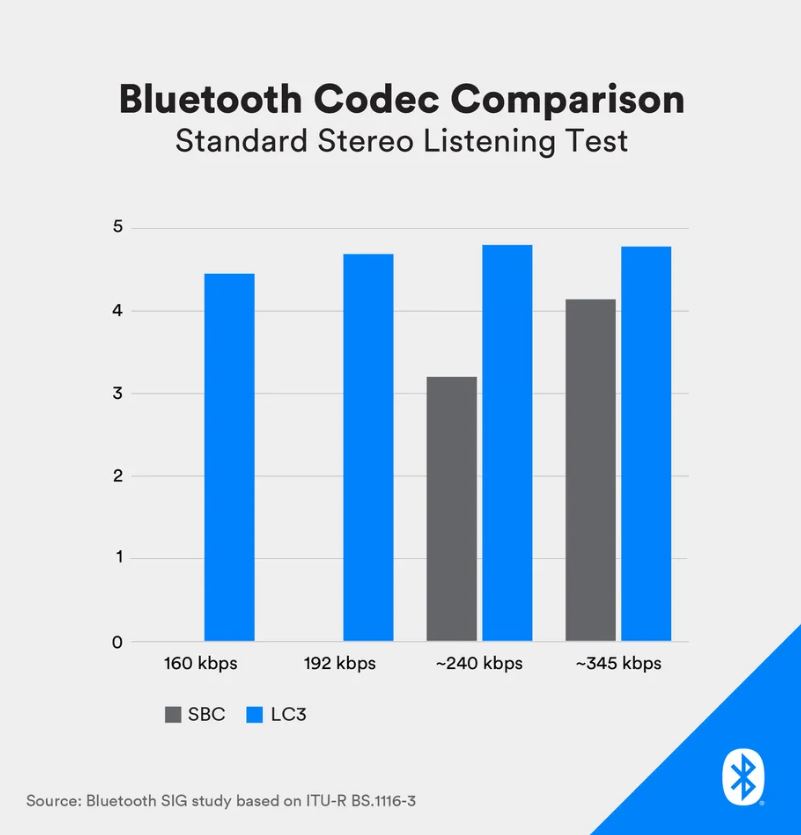

Samsung’s inventory depletion is not as good as expected. The supply chain has recently received notices from Samsung. The original schedule of suspending orders until the end of Jul 2022 has been postponed to at least the end of Aug. Some products will not be restocked before the end of 2022. MediaTek, Largan, Auras, Aegis and other Samsung supply chains pull alerts. Samsung extended the suspension of purchase orders, which means that the overall high inventory level and the previous repeated orders are more serious than expected, especially due to the serious sales of terminal mobile phones affected by inflation, so this time mainly for the mobile phone-related supply chain to delay the start of orders. Among the 64 smartphones and tablets that Samsung launching in 2022, 14 will use MediaTek chips. According to market estimates, they will be mainly used in Samsung’s Galaxy A series and M series mid-range models, which are currently the most severely hit models. (CN Beta, UDN, Sohu)
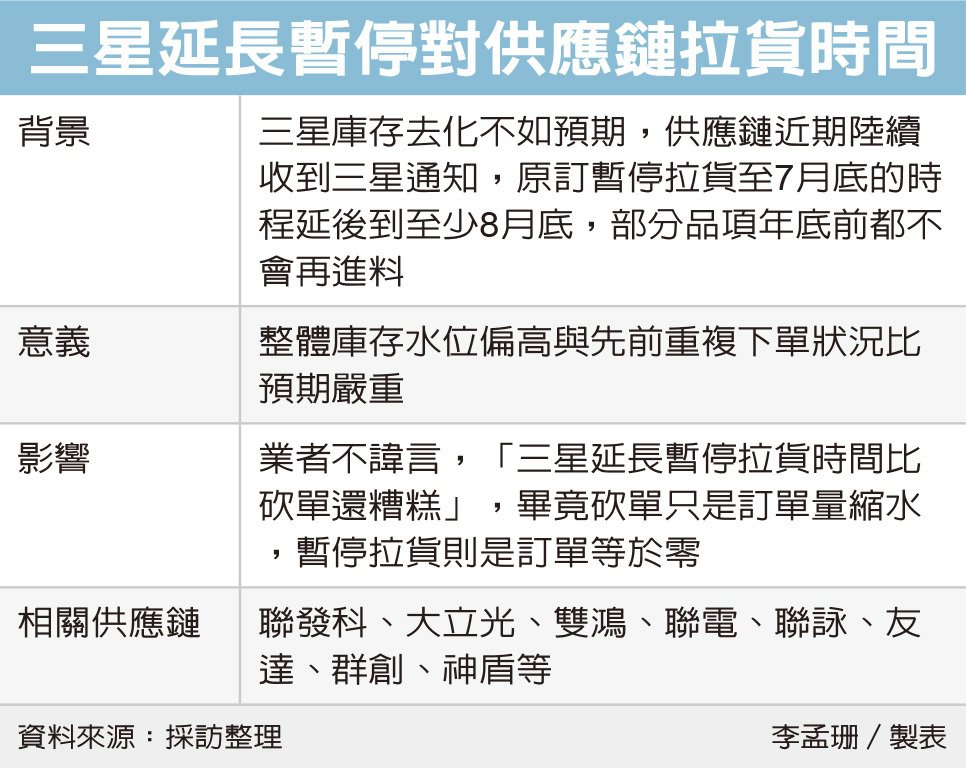
Twitter has sued Tesla CEO Elon Musk for violating a USD44B deal to buy the social network. The company has also asked a Delaware court to order the billionaire to complete the deal, according to a court filing. Musk’s lawyer has alleged letter that Twitter is “in material breach of multiple provisions” of the deal, claiming the company has withheld data Musk requested in order to evaluate the number of bots and spam accounts on the platform.(GizChina, Reuters, CNN)

Worldwide PC shipments are on pace to decline 9.5% in 2022, according to the latest forecast from Gartner. The PC market is expected to experience the steepest decline of all device segments in 2022. From a regional perspective, the EMEA PC market is forecast to record a 14% decline in 2022, driven by lack of consumer PC demand. The Russian Invasion of Ukraine, price increases and unavailability of products due to of lockdowns in China are significantly impacting consumer demand in the region. Overall, global shipments of total devices (PCs, tablets and mobile phones) are on pace to decline 7.6% in 2022, with Greater China and Eastern Europe including Eurasia recording double-digit declines. (CN Beta, Gartner)
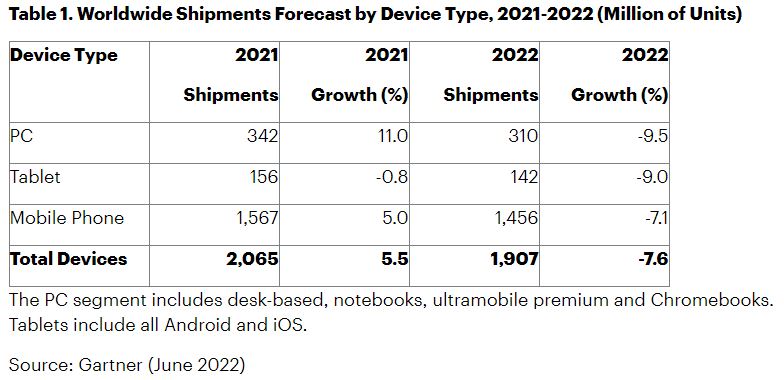

Samsung Electronics has announced the launch of Samsung Space Tycoon, a virtual playground built inside the global metaverse platform Roblox. Space Tycoon is a virtual space where users can create and play games and share experiences using Samsung Electronics’ products together with alien characters in space, taking design and functionality cues from business simulation ‘tycoon’ genre.(Pocket-Lint, CN Beta, Samsung)
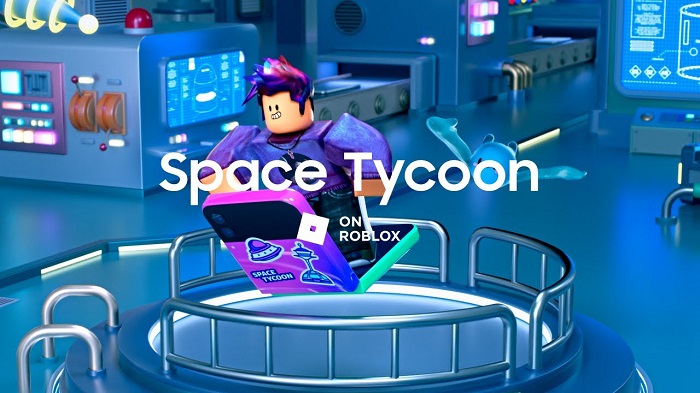

Global ODM / OEM TV shipments reached 45.4M in 1H22, increasing 0.5% on year but decreasing 8% from 1H19 before COVID hit, according to China-based DISCIEN. ODM / OEM TV shipments in Latin America, the Middle East and Africa increased compared to last year, while 2Q22 ODM/OEM TV shipments in North America and Western Europe decreased by 18% and 9% YoY, respectively. Among TV makers, TPV ranked first with shipments of 6.5M units in 1H22, up 0.2% YoY, mainly due to Eastern European shipment orders from Sony and Xiaomi. Moka Technology ranked second with a shipment of 6M units, a YoY increase of 32%. Changhong shipped 3.8M units, up 14% YoY, while Tsinghua Tongfang shipped 3.5M units, down 20% YoY, mainly due to the decrease in orders from Xiaomi. (Digitimes, Laoyaoba)
Peloton is switching gear to try and cut its costs, with a plan to use Apple’s suppliers and other external firms to construct its fitness products rather than relying on its own factories. Peloton has been struggling to keep costs down amid talks of a potential buy-out or investment from a major company like Apple or Amazon. Instead of splitting manufacturing between its own facilities and partners, it will reportedly stop production at facilities acquired in 2019 in favor of relying solely on third-party firms. the company will cease operating its Tonic facilities and move all of its bike and treadmill manufacturing to Rexon. We are going back to nothing but partnered manufacturing. It allows us to ramp up and ramp down based on capacity and demand.(Apple Insider, CN Beta, Bloomberg, 9to5Mac)
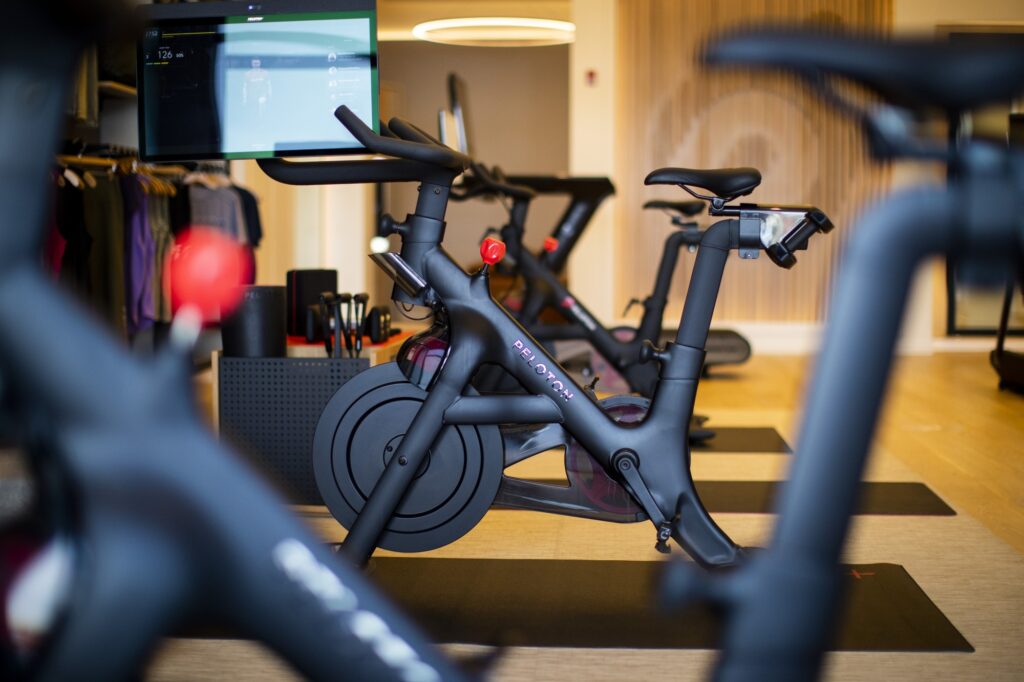

In 2019, The General Vehicle Safety Regulation (EU) 2019 / 2144 provided the legislative framework needed for the protection of European Union (EU) residents against road accidents, poor air quality, and climate change while keeping the European Auto industry competitive in the market. The European Transport Safety Council (ETSC) had been promoting the ISA system after a Norwegian study in 2014 found it to be effective against road accidents and deaths. Starting today, the incorporation of Intelligent Speed Assistance (ISA) technology has become compulsory for all new car models and vehicles introduced to the EU market. Under the said law, no vehicle without ISA will be sold in the EU after July 2024 deadline. The ISA uses the car’s cameras to recognize road signs and/or GPS-linked map data, and other methods to check whether the car is driving over the speed limit. In such case, it does not apply brakes automatically. It warns the driver in several ways, including limiting car speed by decreasing engine power to bring it within stipulated speed limits. (My Drivers, GizChina, Continental Automotive, Auto Week, Neowin, ETSC)
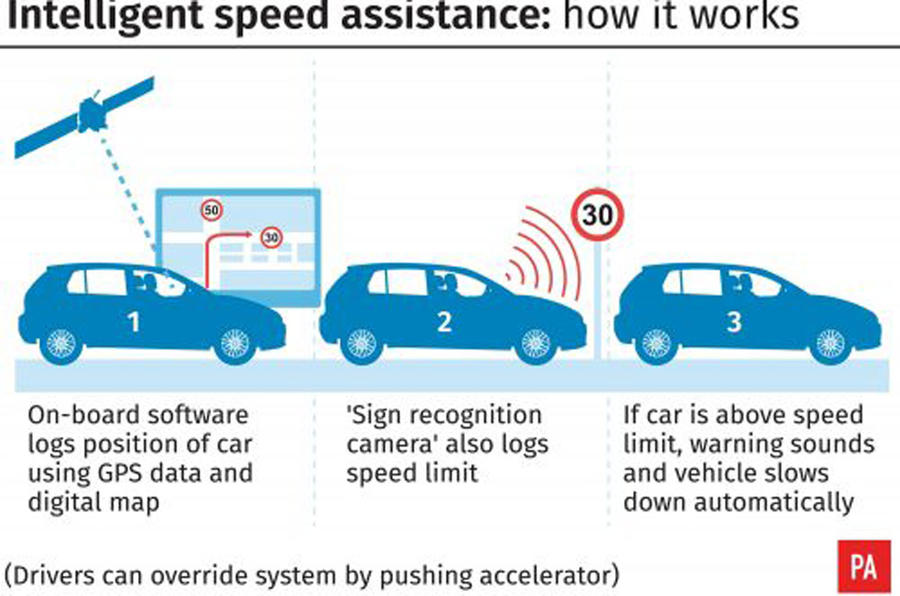
According to said the chief executive of French tiremaker Michelin Florent Menegaux, vehicle sales crimped by semiconductor shortages may take until 2024 to recover, even assuming the global economy endures a mild recession rather than a deep slump. He has further explained that the auto industry faces a tough year as lingering shortages of chips, Russia’s invasion of Ukraine, fresh COVID-19 outbreaks in China, and rising energy and raw material costs put new strain on supply chains. Menegaux has said that tires for new cars represent just 13% of the group’s revenue. Michelin must also cope with rising transport costs – partly spurred by trucker shortages after thousands of Ukrainian drivers returned home to fight Russia’s invasion – and by soaring energy prices, especially in Europe “where it will be tight in supply and expensive”. (CN Beta, Auto News)

Adyen is giving its business partners access to Apple’s new payment system called Tap to Pay on iPhone. Now, businesses will not need a dedicated register or hardware beyond an iPhone to accept Apple Pay or tap to pay card payments. Businesses gaining Tap to Pay on iPhone through Adyen include Vince, Burton, G-Star, Scotch & Soda, Nike, Fresh, and Lightspeed Commerce Inc. The US locations can begin using the service and partners affiliated with Adyen outside of the US can show interest in the platform by sending in an application.(Apple Insider, Ayden)

Multicoin Capital, the crypto investment firm known for its backing of multiple Web3 and DeFi projects, has announced its third USD430M venture fund. Multicoin plans to use the fund for investments in projects that are “poised to reshape massive consumer-facing markets”. The firm has pointed to the two most notable “proof of physical work” projects it already has in its portfolio—decentralized wireless network Helium and Hivemapper, a Solana-based decentralized digital mapping network—adding that it is “increasingly interested in this space” and is looking for projects capable of “disrupting incumbent industries with this model”. (TechCrunch, CoinDesk, Decrypt)